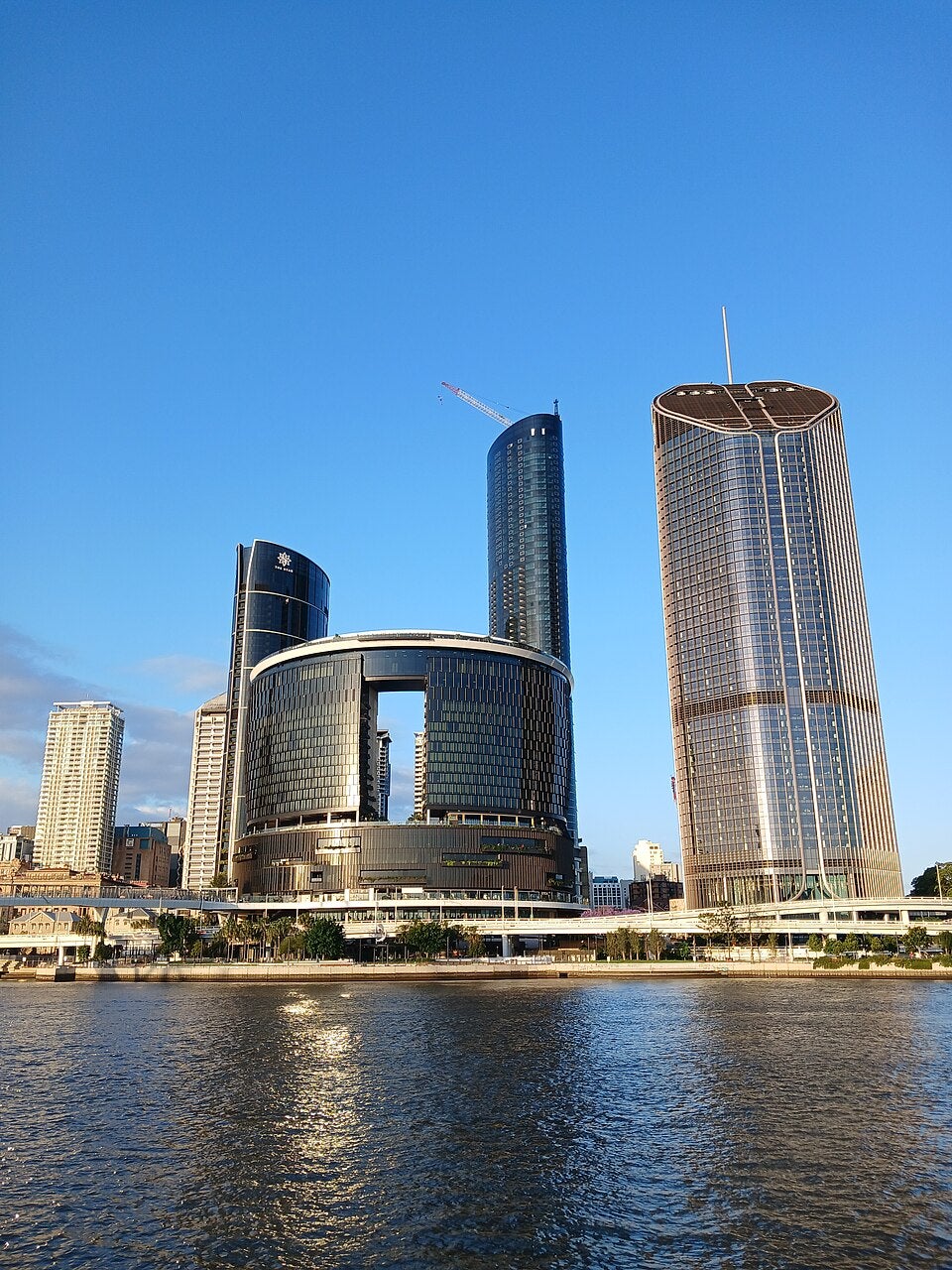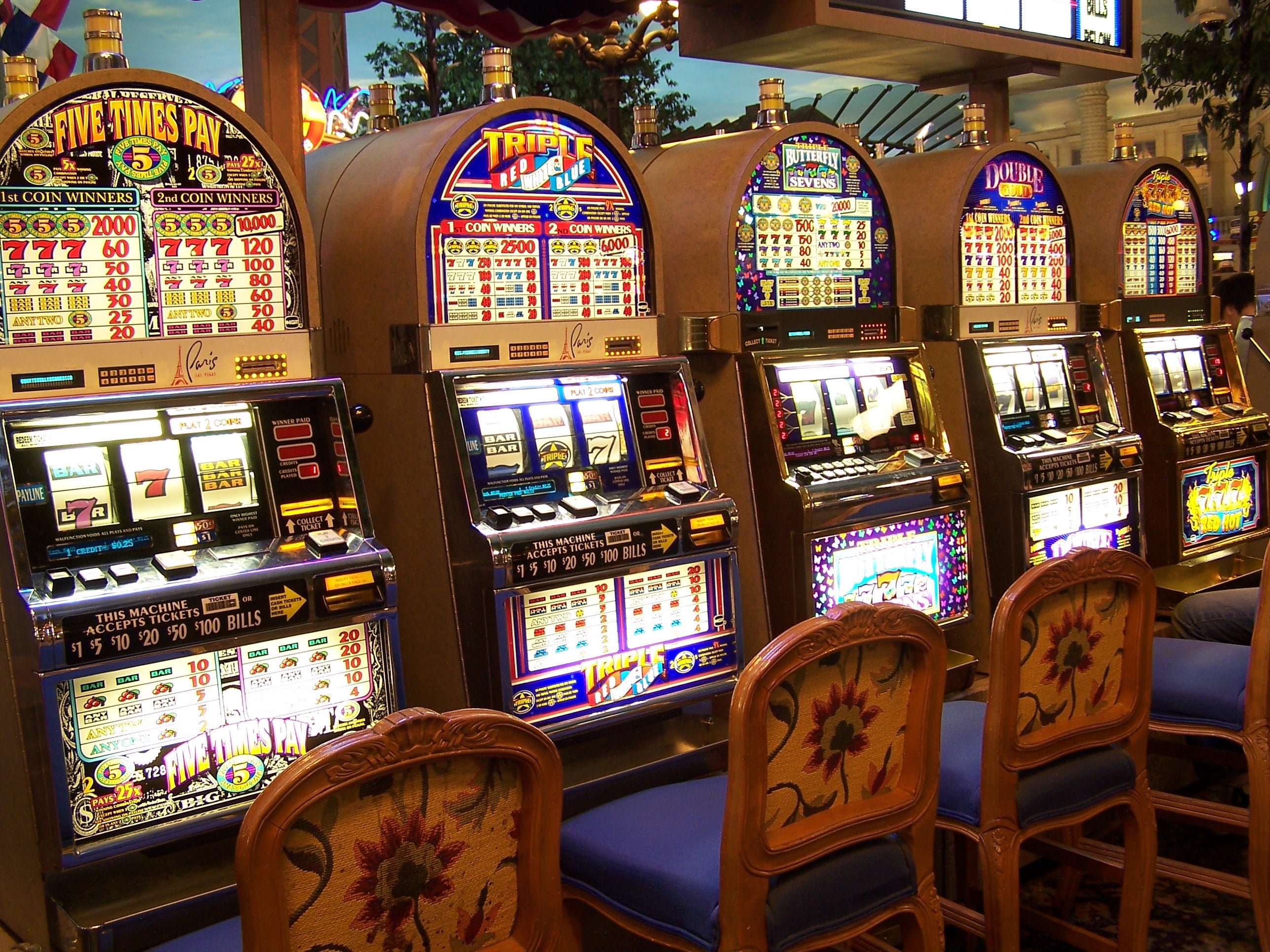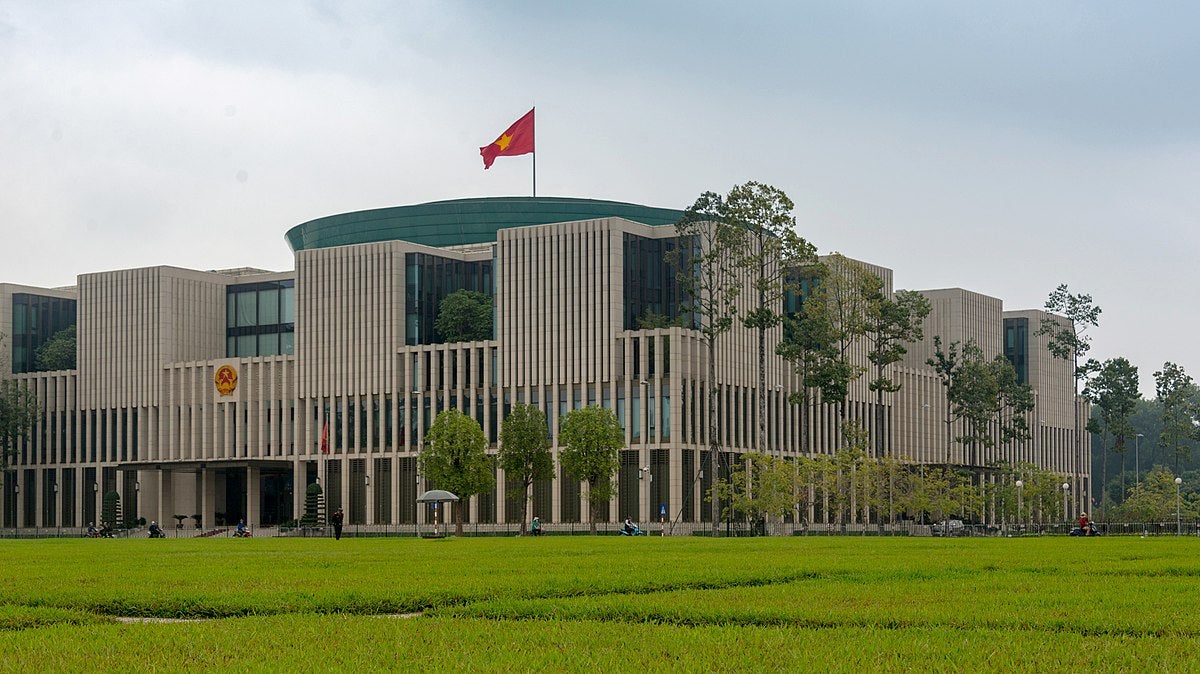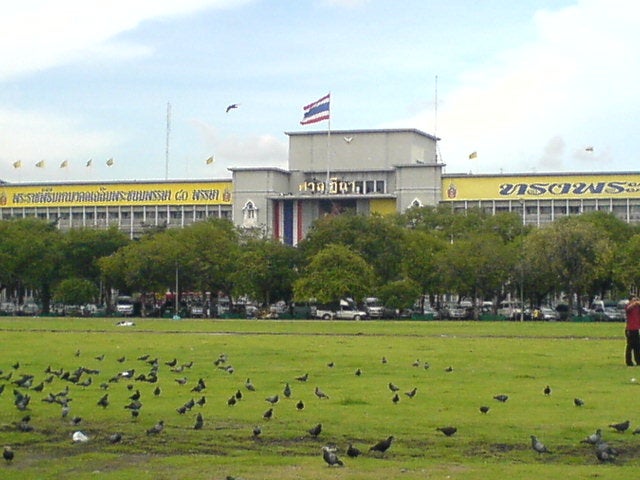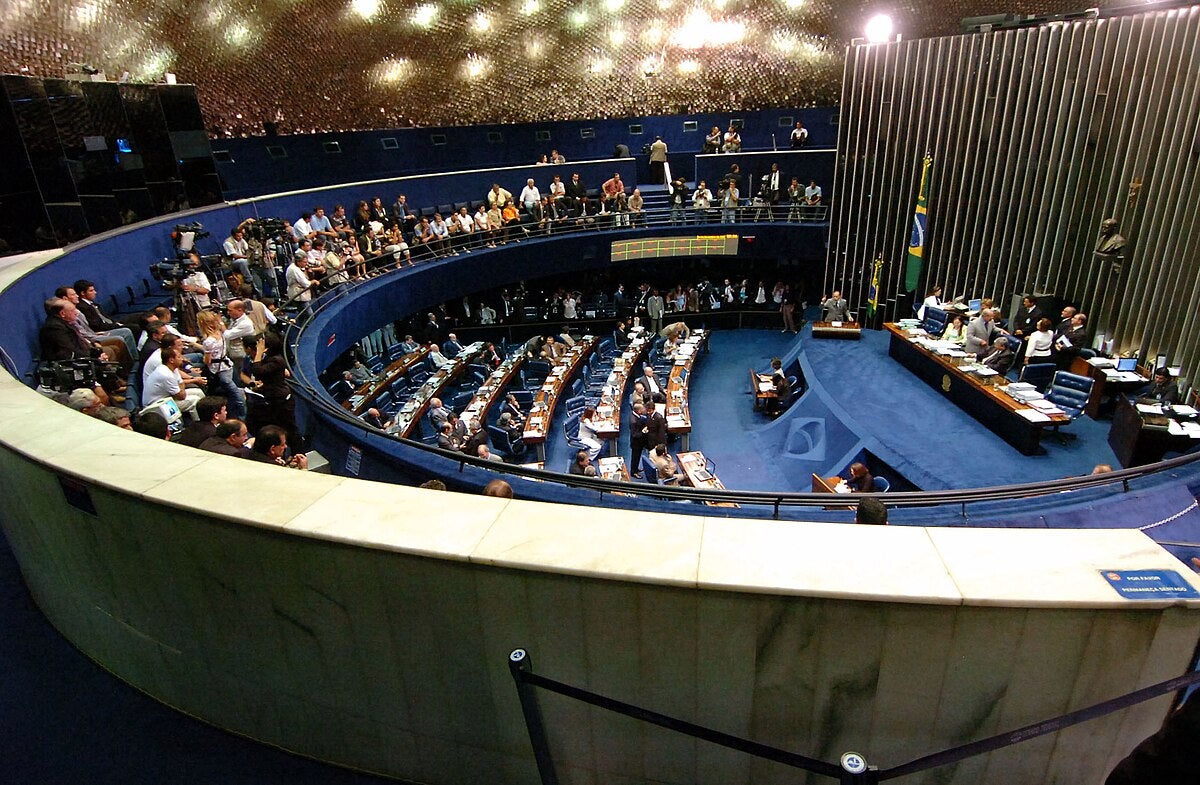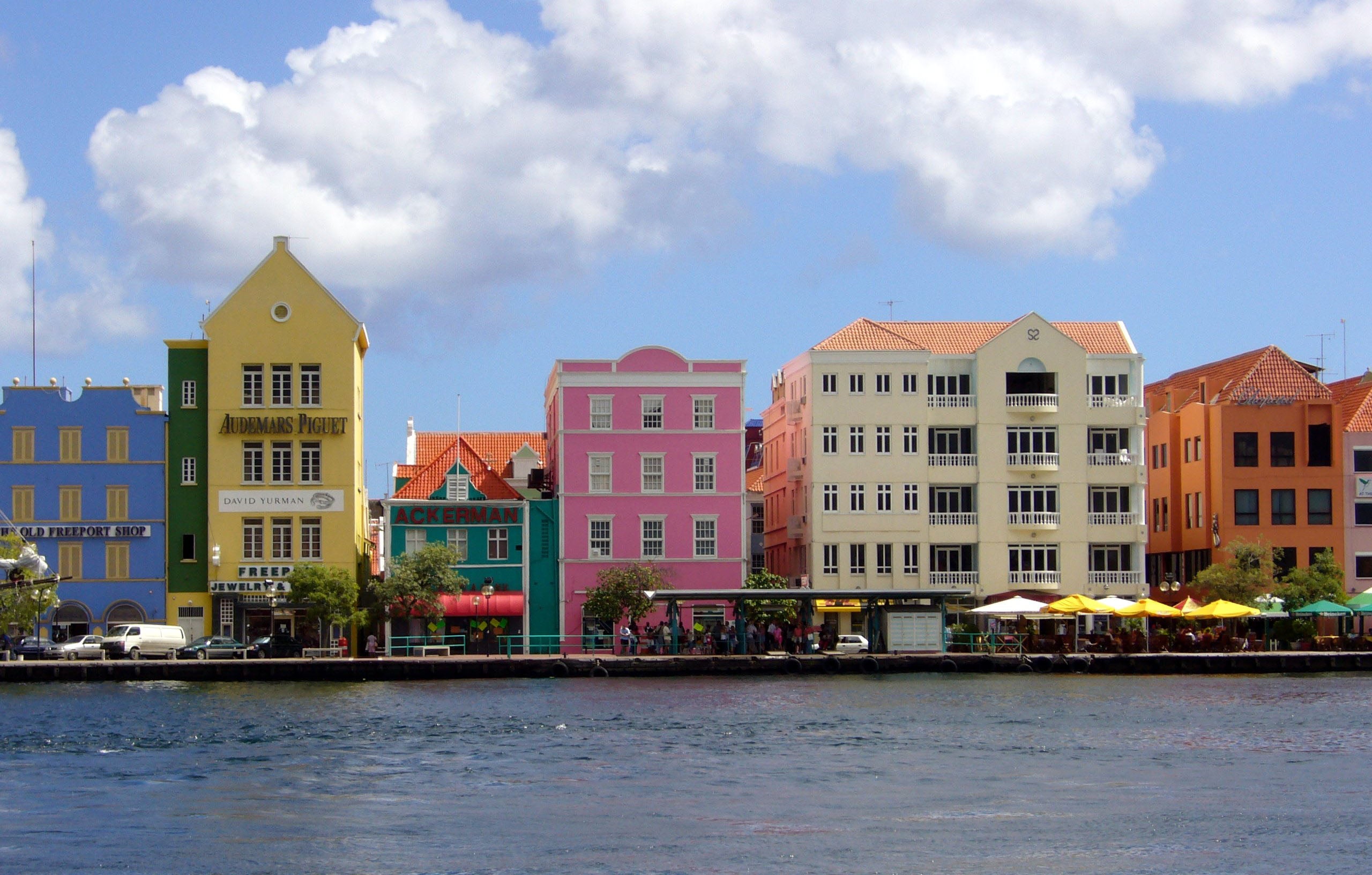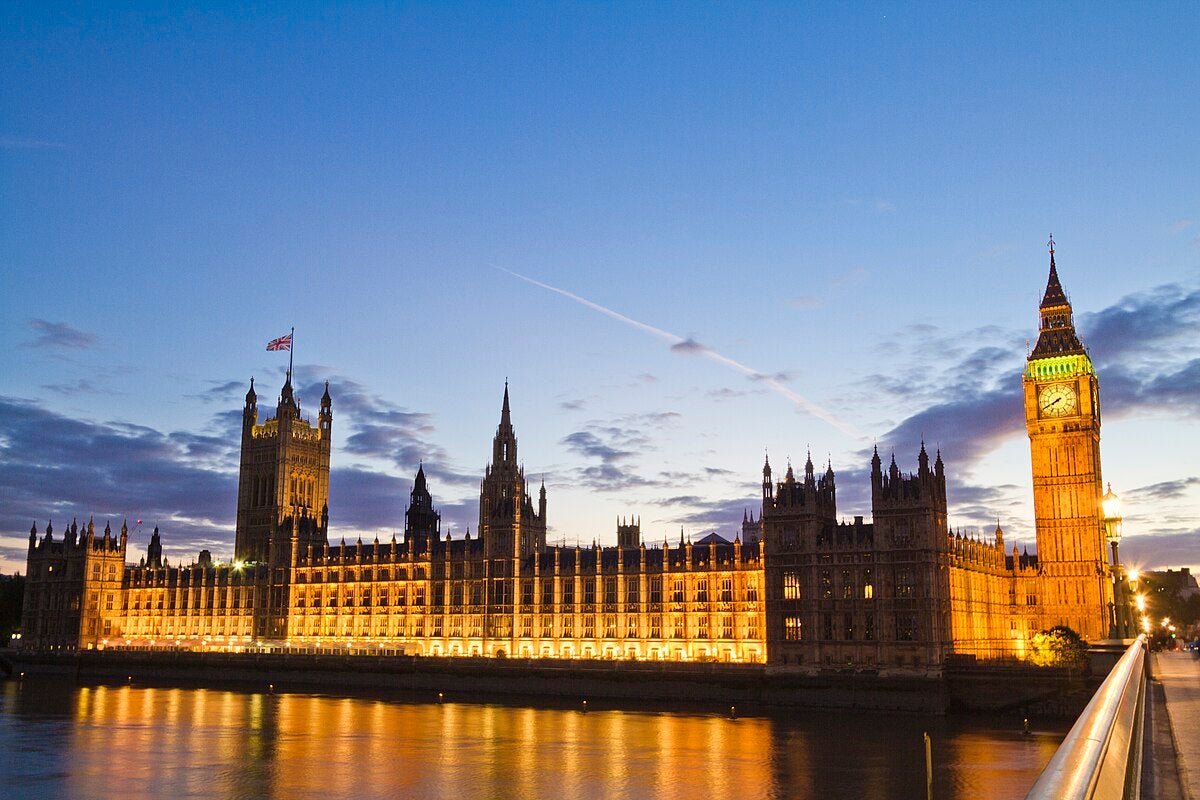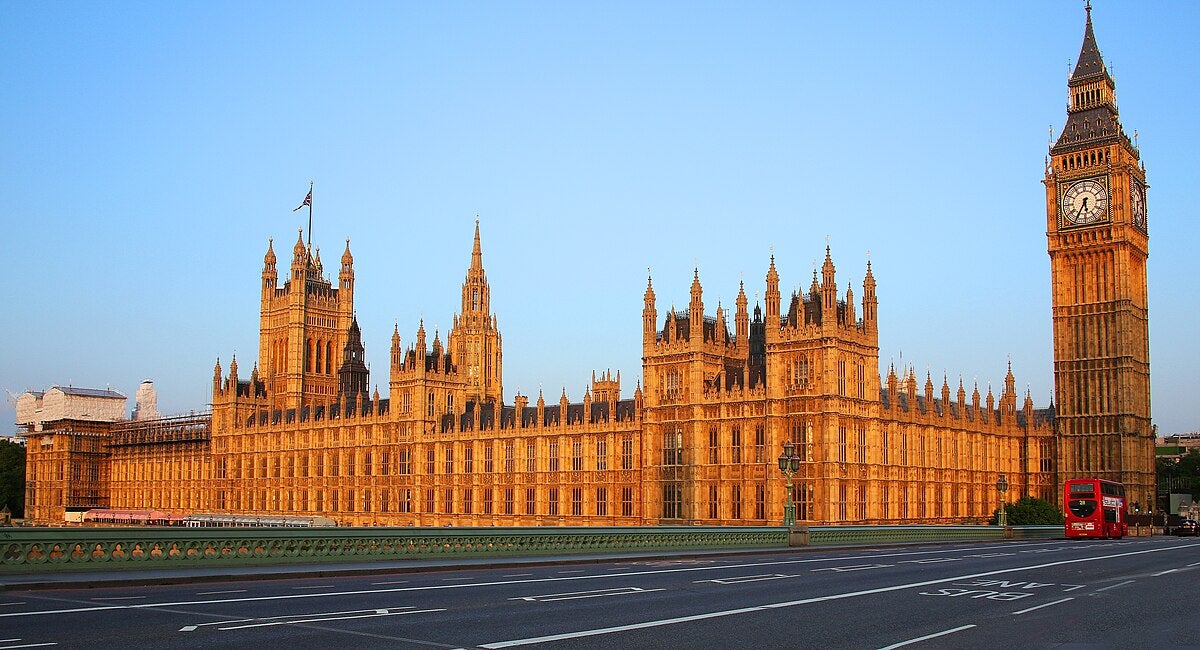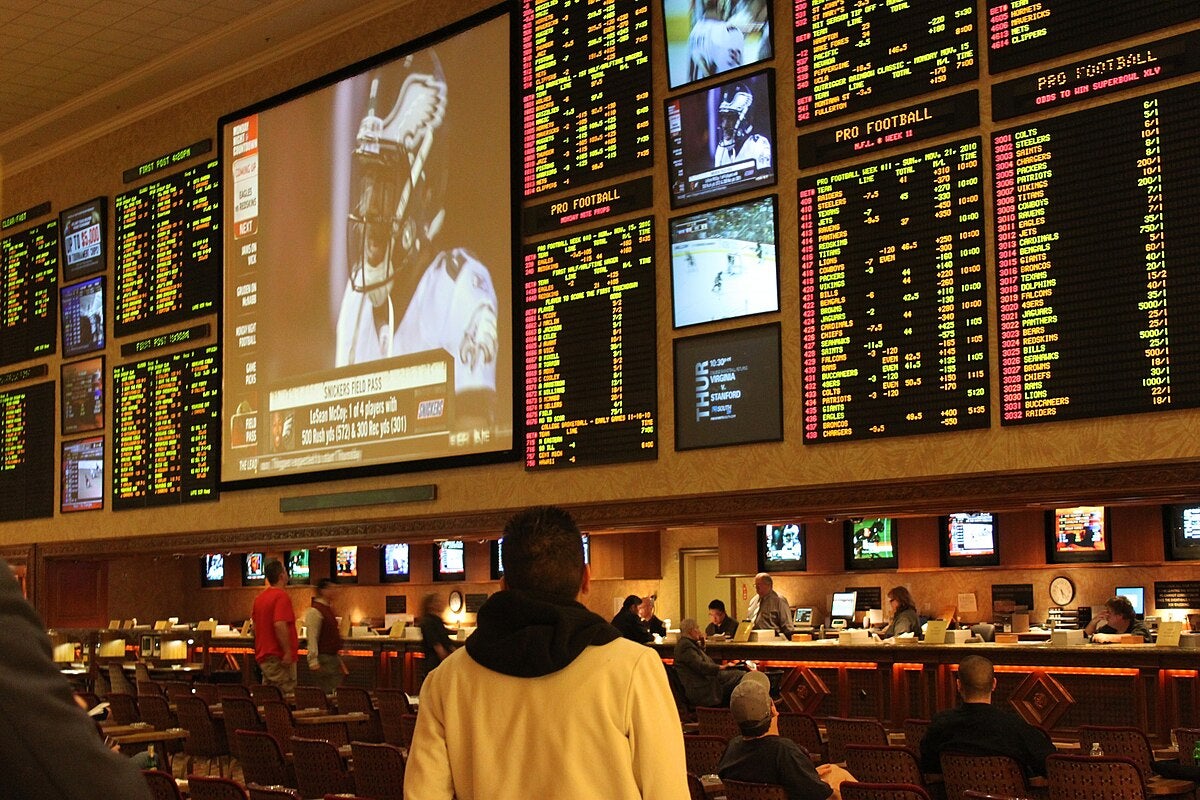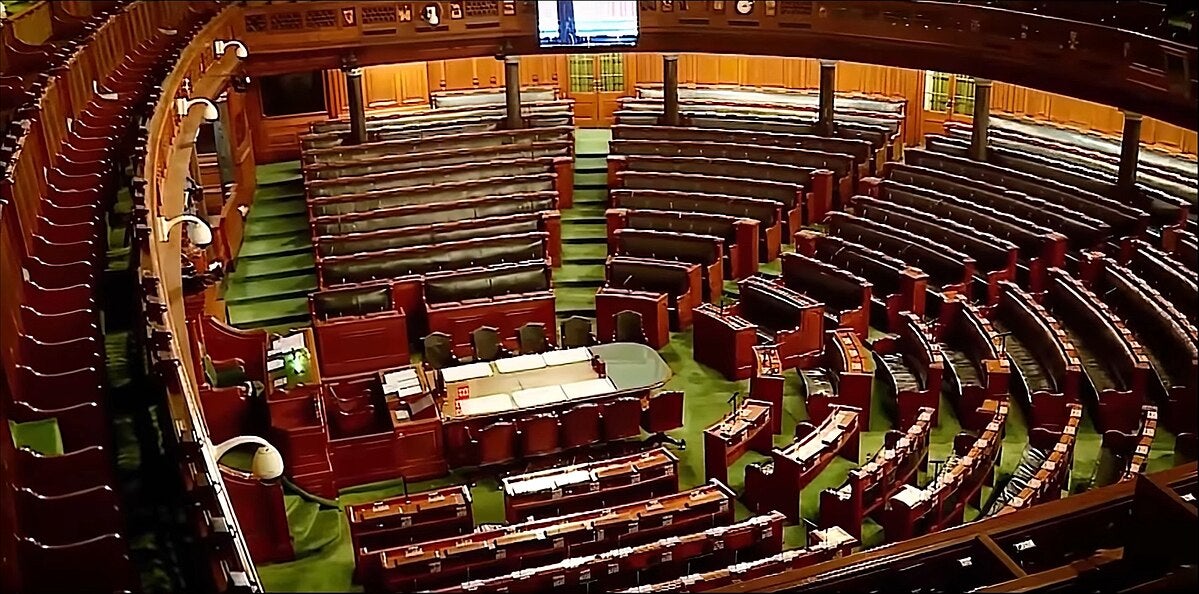Gaming Tax Stability Masks Fiscal Shortfalls
Despite a 0.8% rise in gross gaming revenue (GGR) to MOP76.51 billion (US$9.54 billion), Macau’s gaming tax revenue remained nearly flat from January to April 2025. Reporting lags caused the discrepancy since taxes collected typically reflect the prior month’s GGR.
For instance, April’s MOP7.64 billion (US$944 million) tax intake, down 3.9% from March, corresponded to Match’s MOP19.66 billion (US$2.45 billion) GGR, which edged up 0.8% annually but dipped slightly in February. Year-to-date gaming taxes accounted for 32% of the government’s 2025 target (MOP93.12 billion/US$29.84 billion), while GGR hit 31.9% of its annual target.
Outlined Fiscal Targets
The Macau government remains cautiously on track to meet its 2025 gaming tax projection of MOP93.12 billion (US$11.6 billion). So far, it has collected 3% of the goal by April’s end. Chief Executive Sam Hou Fai warned of potential budgetary risks during his April policy address, citing stagnant gaming tax growth and collapsing financial income as factors necessitating fiscal reassessment.
Despite these concerns, the SAR maintained a MOP10.3 billion (US$1.29 billion) surplus through April—down 18.5% year-on-year but exceeding its MOP6.83 billion (US$854 million) forecast. This follows 2024’s MOP15.8 billion (US$1.98 billion) surplus, the first post-pandemic year Macau achieved a positive balance without tapping into reserves.
Spending Rises Despite Strains
Public expenditure in Macau grew 2.6% year-on-year to MOP24 billion (US$3 billion) in the first four months of 2025, compounding fiscal pressures. The SAR’s budget model remains anchored to casino taxes, which impose a 40% levy under concession terms renewed in 2023. With post-pandemic spending gradually rising against constrained revenue streams, policymakers face mounting challenges in balancing alternative income streams to offset gaming-dependent income.











.jpg)


